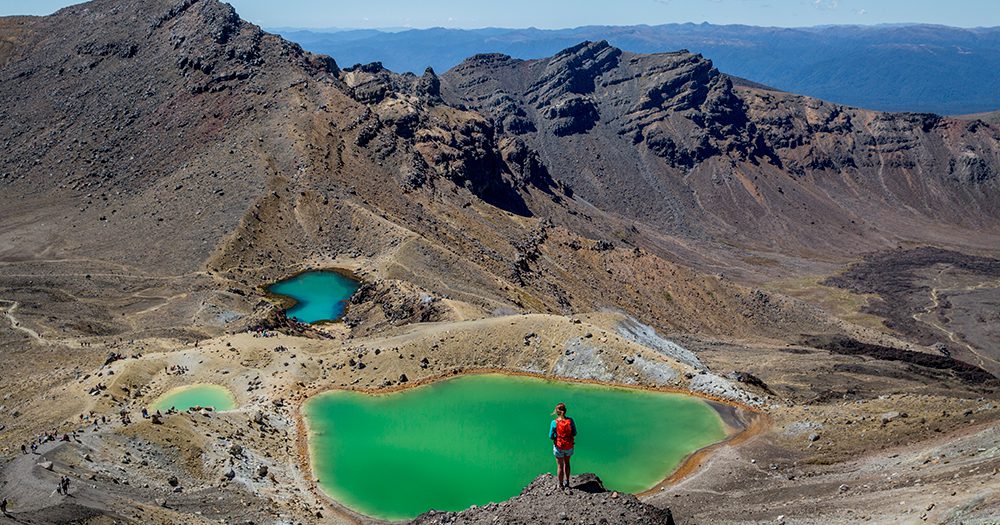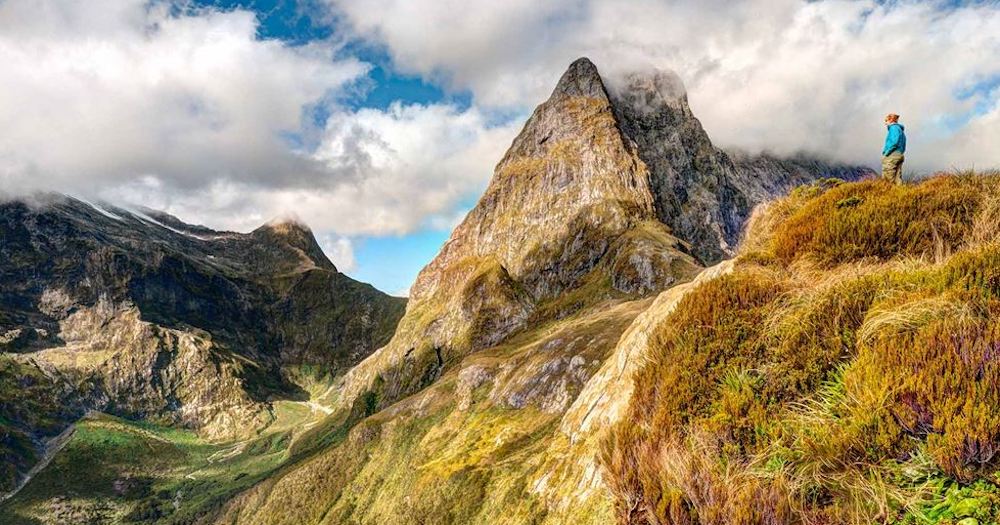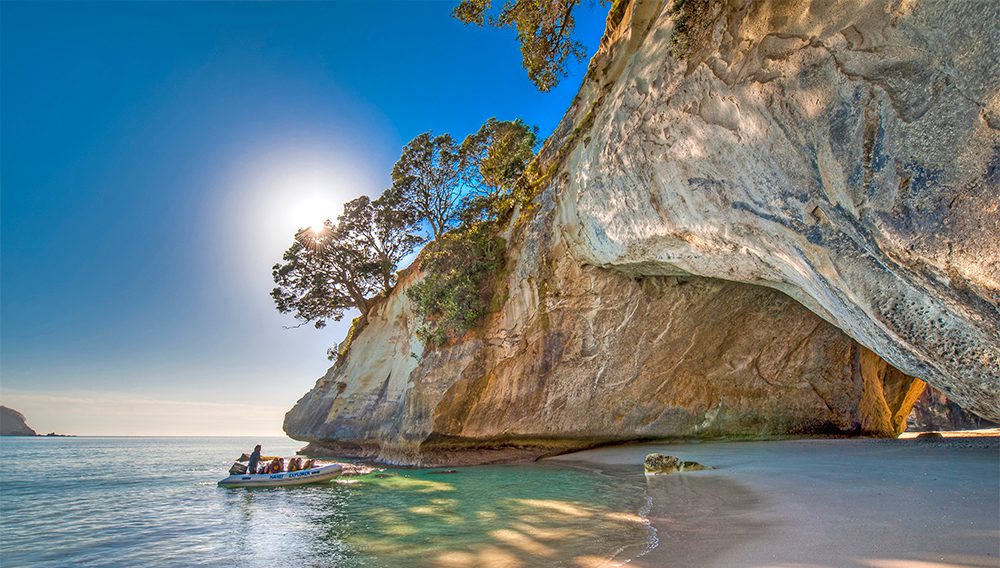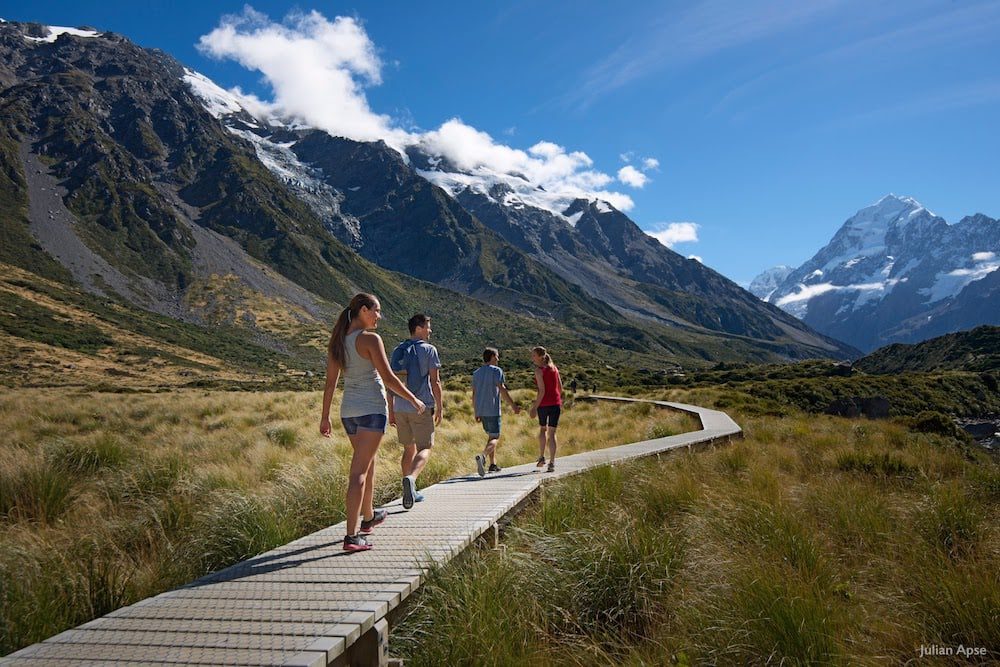The New Zealand Government is considering a NZD$40 fee for international visitors to access some of its most famous natural sites in a proposed overhaul of conservation laws and business concessions.
The proposed entry fee of NZD$20–40 (around AUD$12-24) would initially apply to Cathedral Cove/Te Whanganui-a-Hei, Tongariro Crossing, Milford Track and Aoraki Mount Cook, where international tourists make up 80 per cent of total visitors, and would come into effect in 2027.
New Zealand Prime Minister Christopher Luxon said the $40 fee would make it easier for businesses to operate on conservation land as part of a proposal to “unleash growth” on ecologically and culturally protected areas.
Conservation Minister Tama Potaka said fees could generate NZD$62 million (around AUD$56.6 million) per year, “so we can keep investing in the sites that underpin so much of our tourism sector”.

It’s part of a wider plan to update conservation laws to make selling or exchanging conservation land easier and allow more activities in these areas without needing a permit.
Conservation land is protected, publicly owned land that makes up one-third of New Zealand, covering areas with biodiversity, historic or cultural value.
Some businesses, such as guided walks, ski fields and grazing, already operate on conservation land.

Prime Minister Christopher Luxon said many other businesses struggled to gain the same permission.
“In the spirit of saying yes to more jobs, more growth and higher wages, we’re going to fix the Conservation Act to unleash a fresh wave of concessions – like tourism, agriculture, and infrastructure, in locations where that makes sense,” he said.
“At the same time, sites that are truly special to New Zealanders should be protected, so we are giving the Department of Conservation more support by introducing a charge for foreign visitors to access high-volume sites,” he said.

However, critics warn that the changes risk harming the environment and vulnerable species.
Conservation organisation Forest & Bird CEO Nicola Tokito told The Guardian the latest reforms “represent the most significant weakening of conservation law in a generation”.
“They shift the focus from protection to exploitation, dismantling the very purpose of our national parks and conservation lands.”
Tourism New Zealand launched its latest global campaign in June 2025, targeting key markets including its biggest source, Australia.






